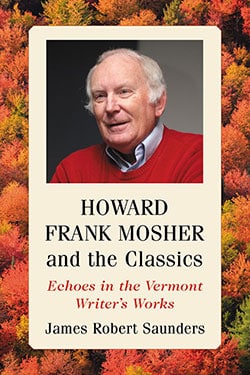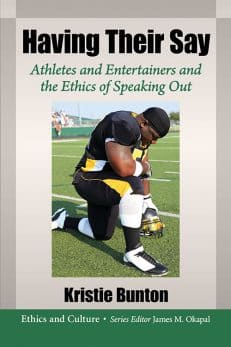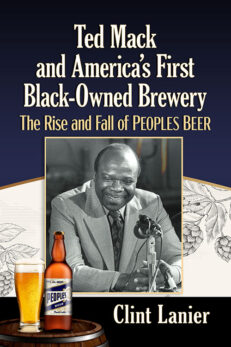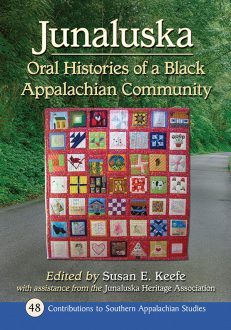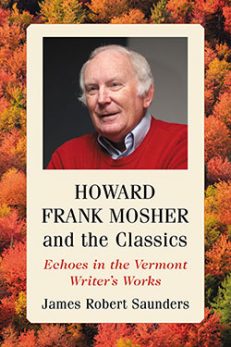Howard Frank Mosher and the Classics
Echoes in the Vermont Writer’s Works
Original price was: $39.95.$19.99Current price is: $19.99.
In stock
About the Book
Howard Frank Mosher has spent the greater part of his career depicting a relatively isolated section of Vermont known as the Northeast Kingdom. Yet, even as he writes about that particular area in the Green Mountain State, he is investigating age-old themes from among the best English and American literary works. His first novel, Disappearances (1977), signaled the arrival of a master craftsman harkening us back to Melville’s Billy Budd and Moby-Dick, in terms of humankind’s struggle against an ever present evil.
A full 33 years after the publication of his first novel, the Vermont author, in Walking to Gatlinburg (2010), examined the polarity between cowardice and honor. In the intervening years, between Disappearances and Gatlinburg, Mosher explored crucial matters such as the disappearing wilderness, industrialization, black male/white female encounters, the necessity of humor, the quest for salvation, and the immortality of romantic love, all issues that he delved into as he staked out a unique terrain within the pantheon of Bunyan, Shakespeare, Dreiser, Twain, Faulkner, Steinbeck, Harper Lee, and others.
About the Author(s)
Bibliographic Details
James Robert Saunders
Format: softcover (6 x 9)
Pages: 208
Bibliographic Info: notes, bibliography, index
Copyright Date: 2014
pISBN: 978-0-7864-7856-9
eISBN: 978-1-4766-1633-9
Imprint: McFarland
Table of Contents
Table of Contents
Acknowledgments ix
Preface 1
Introduction 5
I. First Chancellorsville, Then Gettysburg: Horror, Escape and Restitution in Crane’s The Red Badge of Courage and Mosher’s Walking to Gatlinburg 17
II. Female Vulnerability and Industrialization’s Dehumanizing Process in Mosher’s Marie Blythe, Sinclair’s The Jungle, Dreiser’s Sister Carrie and Crane’s Maggie: A Girl of the Streets 31
III. The Journey to Salvation in Bunyan’s The Pilgrim’s Progress and Mosher’s Walking to Gatlinburg 50
IV. Good, Evil, and the Mystery of Life in Mosher’s Disappearances and Melville’s Moby-Dick and Billy Budd 69
V. “The unmitigated temerity to ‘feel sorry’ for a white woman” in Lee’s To Kill a Mockingbird and Mosher’s A Stranger in the Kingdom 91
VI. The Technique of Humor in Twain’s Huckleberry Finn and Mosher’s The True Account 109
VII. Faulkner’s Go Down, Moses and Mosher’s Mourning the Inevitable Loss of a Kingdom 127
VIII. Mosher and Shakespeare: On the Immortality of Romantic Love 149
Conclusion: “Not Gently” in Steinbeck’s Travels with Charley, Twain’s The Innocents Abroad and Mosher’s The Great Northern Express 167
Notes 177
Bibliography 187
Index 193

